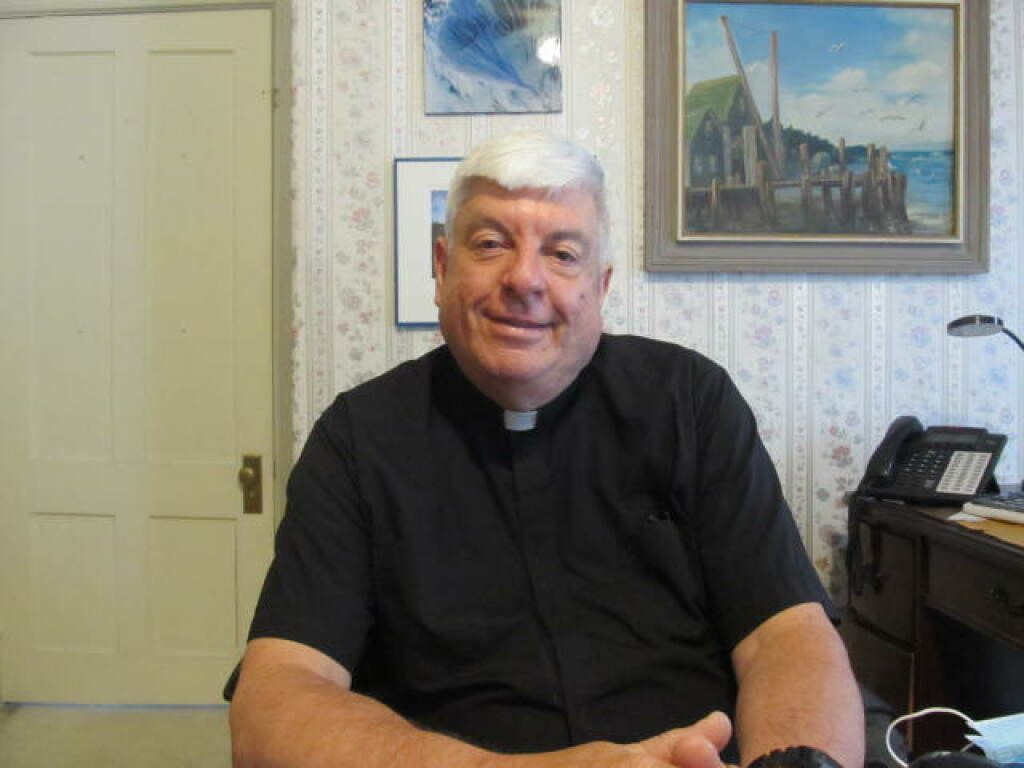 Do This in Memory of Me
Do This in Memory of Me
A teacher posed a question to his class of thirteen-year-old students: “What do you want to be remembered for?” None could answer, but the teacher chuckled and said, “I didn’t expect you to be able to answer it. But if you still can’t answer it by the time you are fifty, then you will have wasted your life.”
Some of those students went to their sixtieth class reunion and one of them asked, “Do you remember that question we were asked back when we were thirteen year olds? They all remembered it, and they all said it had made a big difference in their life, although they didn’t understand it until they were in their forties. One of the students, who was a motivational speaker, said that during his career he often asked people that question. He considered it important because the question induces a person to renew oneself because it pushes him/her to see themselves as a different person—the person one can become.
Today we celebrate a Feast that honors the Sacrament of the Body and Blood of Christ. I wanted to focus on one statement that is made at each and every Mass. At the end of the consecration of the bread and wine, we hear Jesus’ words: Do this in memory of me .
So, it would seem that what we’re doing here is rather important because this is the way that Jesus wanted to be remembered. Do this in memory of me . Why do you suppose he said that?
I believe Jesus gave us this Sacrament because it was his way of giving himself to us totally. One of the early ways in which what we do here was described is the “breaking of the bread”. The early Christians would have one large bread, broken and eaten by everyone present—thus not only symbolizing but creating unity: one bread, one body.
Also, note that it is bread that is broken—just as Jesus’ body was beaten and whipped and crowned with thorns. And we also have the wine that is poured: the outpouring of Jesus’ life-blood to the very last drop. The total gift of Jesus’ Body and Blood is not just remembered, although that’s important, but actuated and made real, given to each succeeding generation, and to each Christian of every age—a total gift of self and of love: not a photo, not a mere symbol, but Jesus Christ broken and poured out, a total gift, a total, real presence.
It has been said that we “are what we eat.” Well, in this case, that’s also true: by eating the Body of Christ we become the Body of Christ—we are the ones who bring Jesus to the world. We are his ears, discovering each day what the world needs; we are his mouth, speaking his truth, standing up for those who are left out and have no voice; we are his hands, bringing food to the hungry, drink to the thirsty, clothing to the naked, comforting the lonely; we are his feet, bringing the message of love and hope with us wherever we go, even to the ends of the earth.
We do these things, nourished by the total love of the Body broken and the Blood poured out, because Jesus asked us to be his Presence, to feed the world starving for love. We do these things in memory of Jesus here, inside the church, so that we don’t forget our job, our mission, once we leave the church. We can so easily forget what is important, we can lose sight of what is worth being remembered for; and so every time we gather we are told: Do this in memory of me . We remember how he loved us, to his death, and we celebrate that love, live that love, become that love, so that a broken world can be fed, blessed, and healed.
You might also like
Father's Homilies




